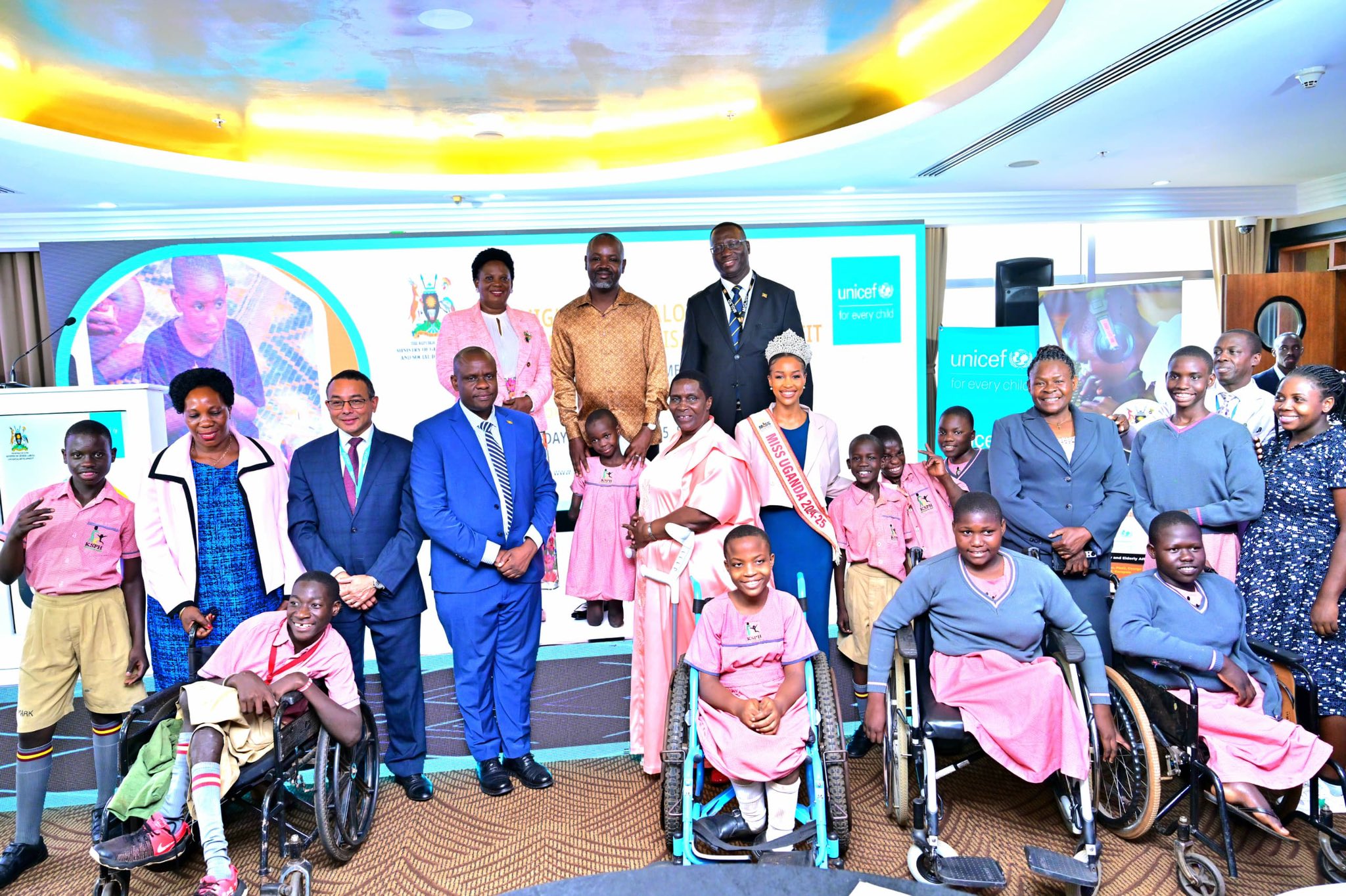
KAMPALA, Uganda — Uganda’s government plans to introduce a National Child Disability Benefit to support families caring for children with disabilities, providing them with financial assistance to access basic education, healthcare, and rehabilitation.
Speaking at a high-level dialogue on the design of the benefit, Deputy Speaker of Parliament Thomas Tayebwa emphasized the importance of supporting persons with disabilities, stressing that disability rights are fundamental human rights, not privileges.
“I urge the Minister to engage in a dialogue with the forum to ensure that the necessary resources are allocated to support this critical initiative,” Tayebwa said, expressing concern that the proposed allocation may not be sufficient to address the needs of persons with disabilities.
Tayebwa requested the Minister to engage with the Minister of Finance to allocate a more reasonable amount to support the initiative, emphasizing the need to prevent potential abuse of funds by parents of children with disabilities.
“We must ensure that the funds allocated are used for their intended purpose and do not perpetuate harmful stereotypes or stigma,” Tayebwa said.
Minister of Gender, Labour and Social Development Betty Amongi noted that families with children with disabilities face significantly higher expenses than others, including healthcare, transportation, and education.
“A Child Disability Benefit will provide a regular monthly cash transfer to support households of children with disabilities,” Amongi said.
The benefit is expected to improve the well-being and inclusion of children with disabilities in Uganda, where disability prevalence stands at 13.6%, with 460,805 children with disabilities.
According to Dr. Robin Nandy, UNICEF Representative and Head of Office in Uganda, investing in social protection generates positive economic returns, citing evidence that every shilling invested in the benefit can generate up to 2.5 shillings in the broader economy.
Nandy urged the government and development partners to ensure adequate social protection for children with disabilities, linking them with critical services and helping break the cycle of poverty and exclusion.
The proposed benefit aims to create an inclusive environment where all children can thrive, with access to education, healthcare, and protection from violence and exploitation.
The government has partnered with UNICEF to support the design and implementation of the National Child Disability Benefit, expected to be rolled out in the Financial Year 2025/2026.
Uganda has one of the youngest populations in the world, with 49.9% of the population aged between 0-17 years.
Uganda is home to over 500,000 children with disabilities, making them one of the most vulnerable populations in the country.
These children face numerous challenges, including limited access to education, healthcare, and social services. Their families bear the brunt of these challenges, often struggling to make ends meet due to the high costs of caring for a child with a disability.




